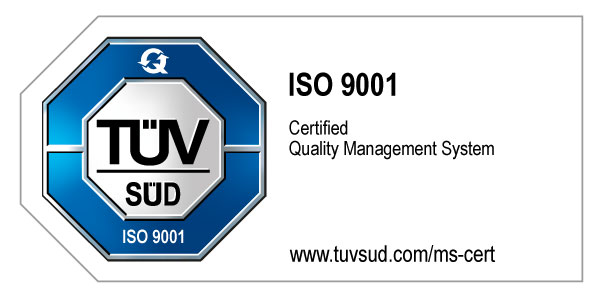Efficient use of IT resources
Container platforms enable the efficient and flexible use of IT resources. Applications can operate in isolation, securely, and consistently across environments, reducing operational costs and optimizing resource utilization.
Proactive monitoring
Comprehensive monitoring of the IT infrastructure enables companies to identify potential problems at an early stage and take proactive measures. Real-time insights and alerts help minimize downtime and maximize uptime.
Automation and increased efficiency
Automated infrastructures minimize repetitive tasks and reduce human error. This saves time and resources and increases the quality and consistency of IT services.
Self-healing and reliability
Self-healing systems automatically detect and resolve issues, reducing downtime and increasing IT infrastructure reliability. This ensures smooth operation and fewer interruptions.

